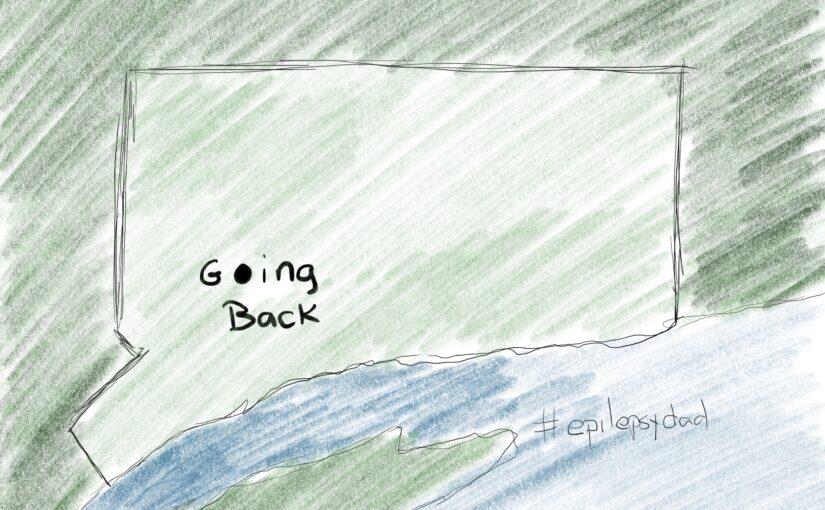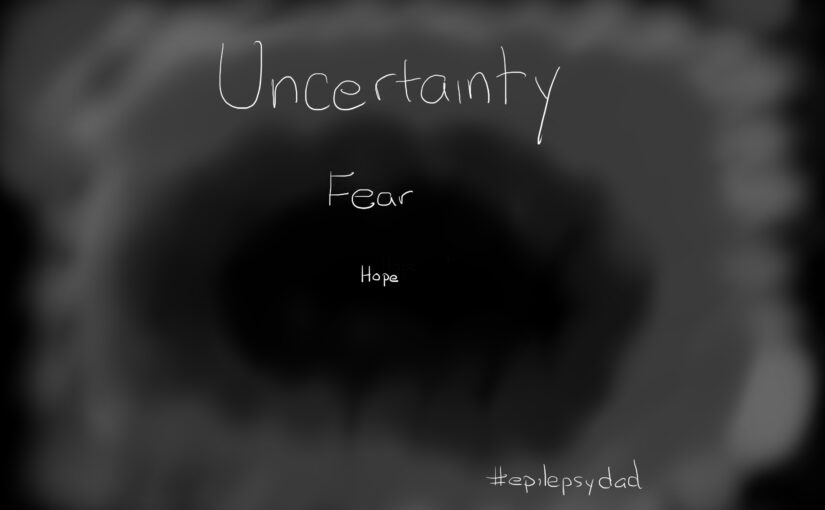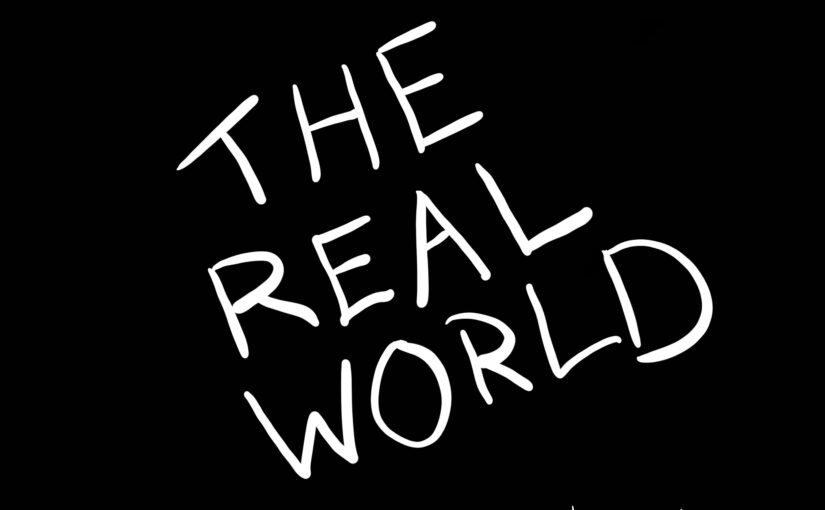Last week, we traveled back to Connecticut to bury my father.
He passed in Pennsylvania, but he wanted to be buried in the city where he grew up, in a plot next to his mother, father, and aunt. Even though he moved away, it would always be his home.
The cemetery was old, older than the incorporation of the city, but nearly 150 years after the founding of the town. Its residents include authors, architects, and brass industrialists who helped the town maintain its nearly 100-year run as the brass capital of the world. It sits along a small river on the side of a hill looking down on the city that those same residents helped create.
It was the same city where I was born in what seemed like five lifetimes ago.
After the service, where my aunts, uncles, and cousins were all together for the first time since my grandmother’s death 15 years ago, my wife, son, mother, and I drove through the city to see what has become of it.
We saw the hospital where I was born, sitting in between two highways but not looking any worse for wear.
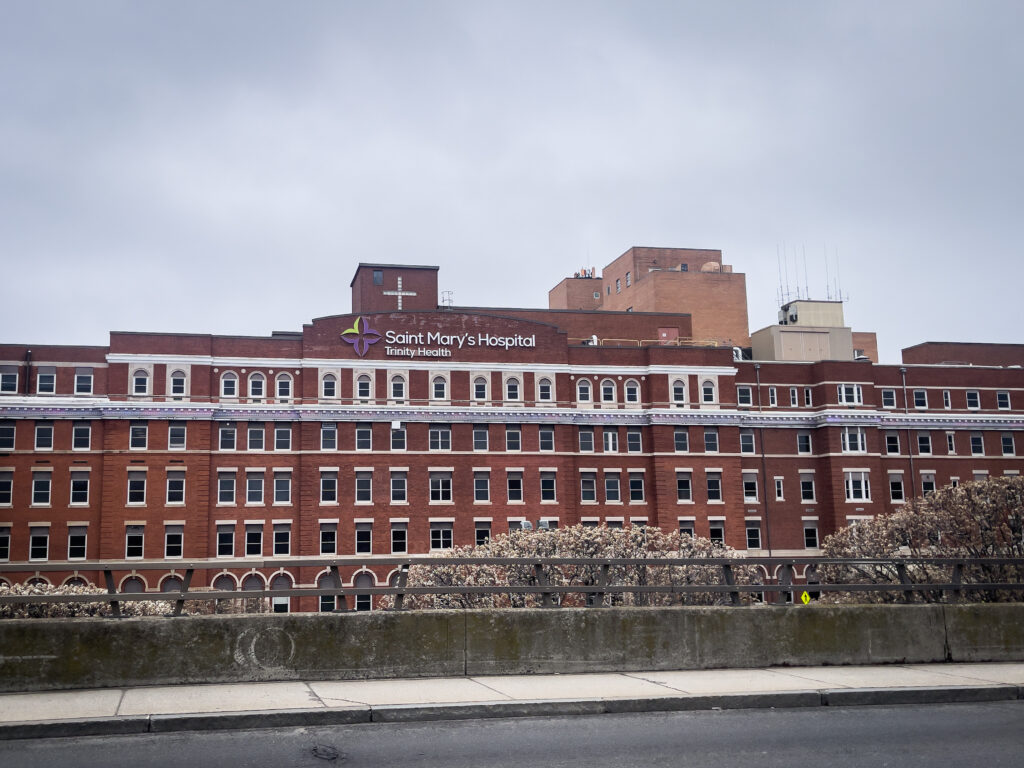
We saw the first apartment I remember, with the big, green boulder still as green but much smaller than it seemed when I was a child. Next to the apartment was a stream my friends and I would fish in during the summer and the hill we would sled down in the winter, having to bail from our sleds before we reached the same stream.
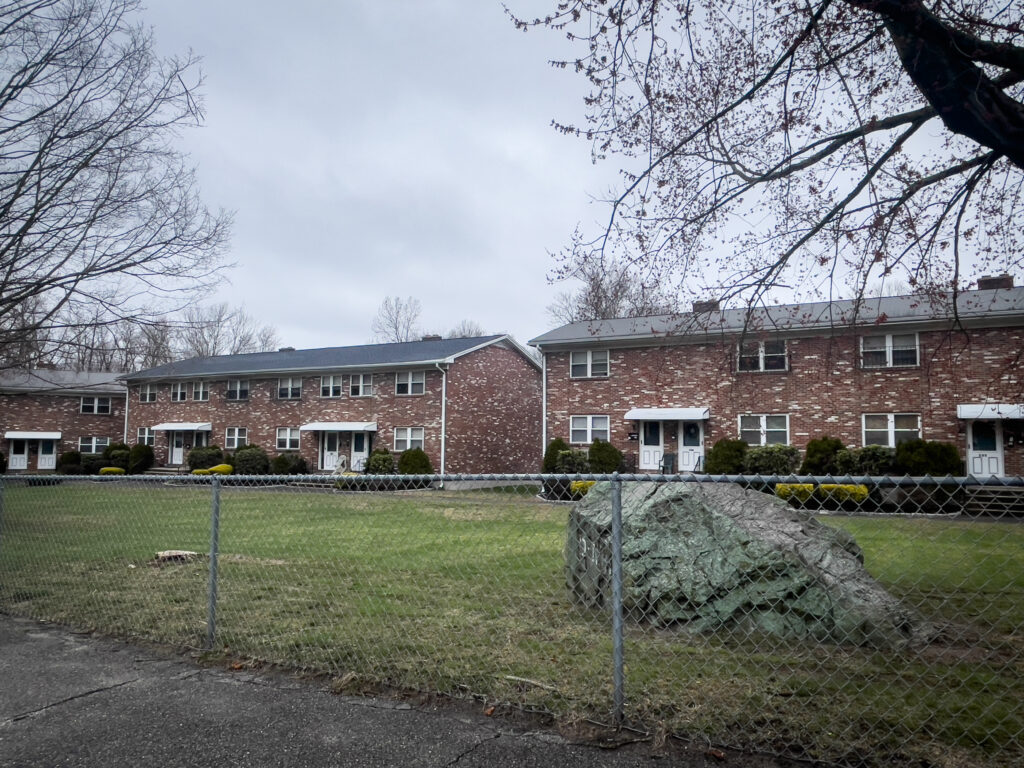
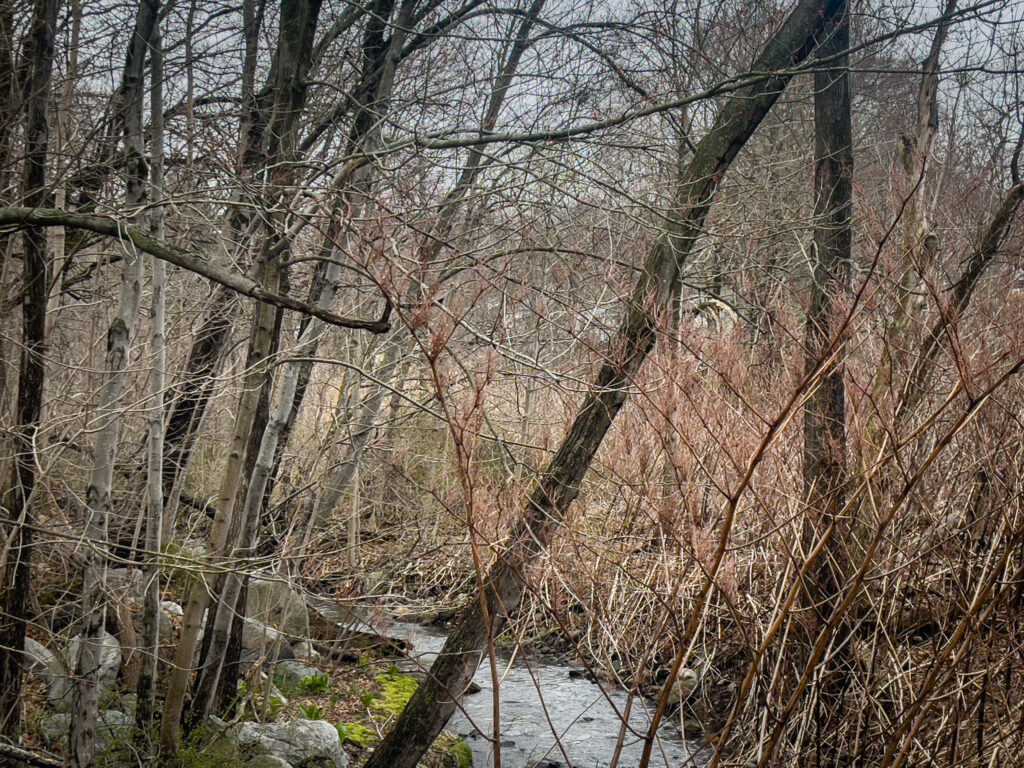
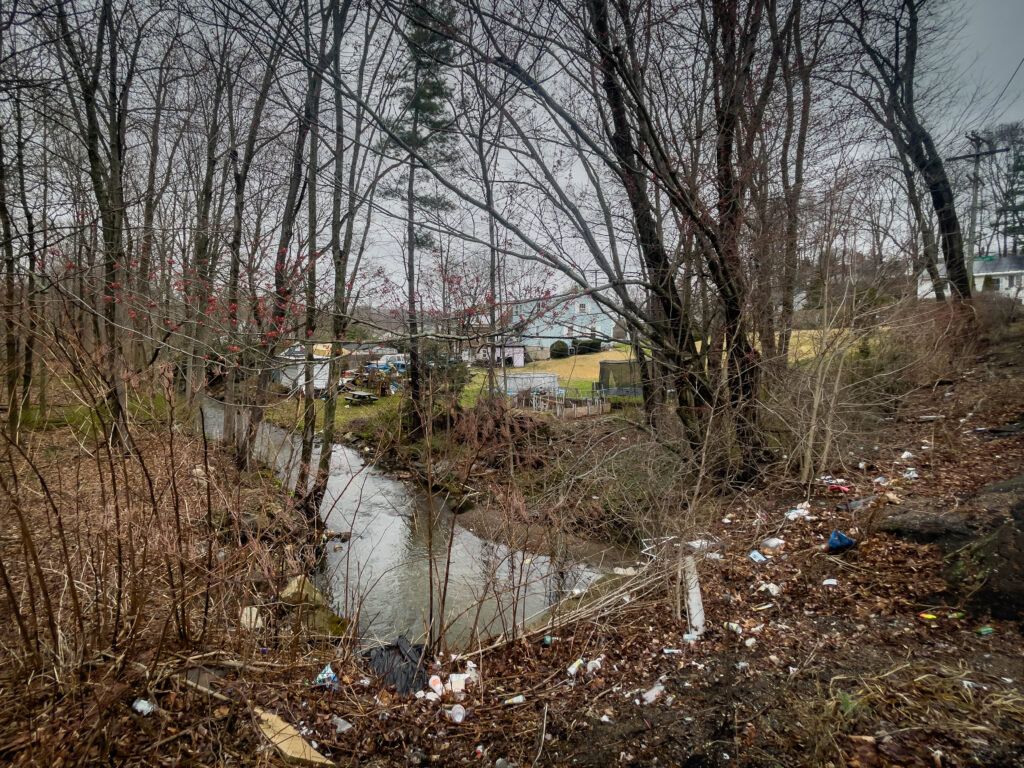
We passed the Catholic church and school that I attended through elementary school. The parking between the two was our playground and the site of my longest paper airplane flight—the two buildings themselves were the source of years of trauma.
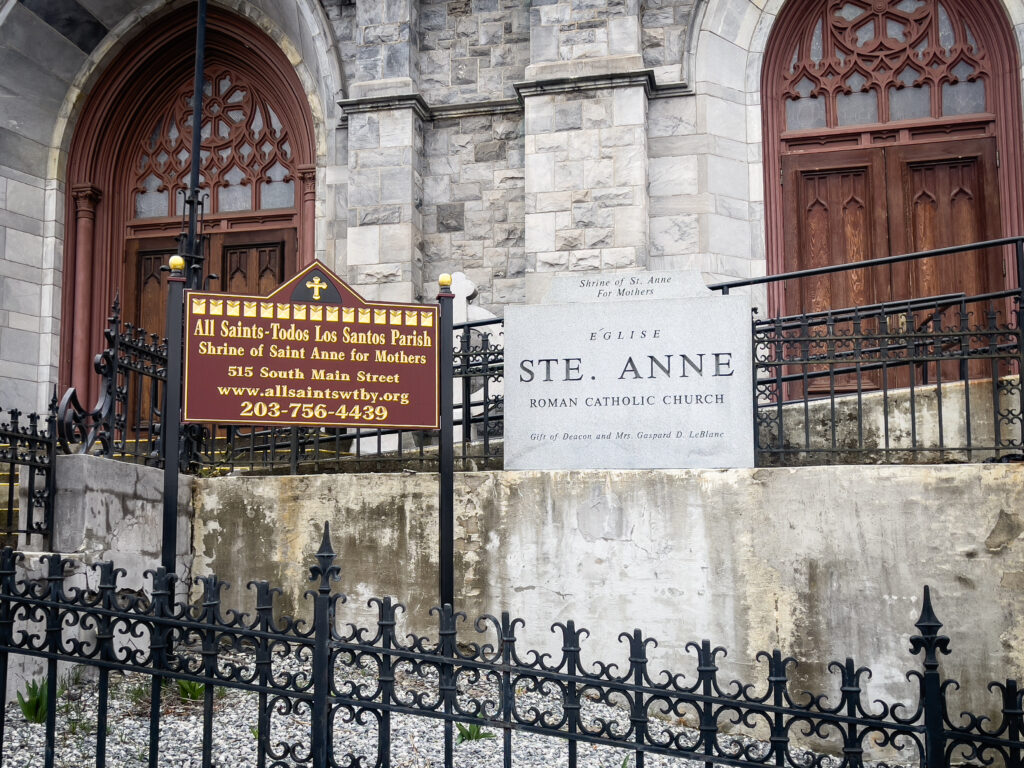
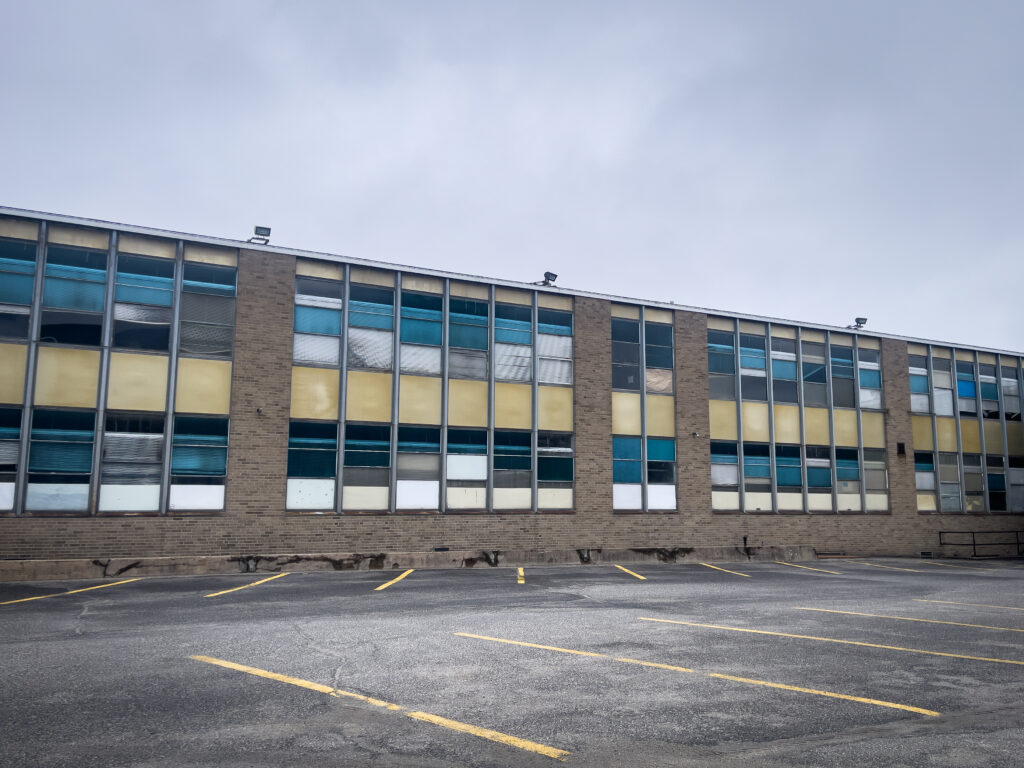
We drove by City Hall, where my mother worked. I would spend afternoons there practicing crafting the record-setting paper airplanes I learned to make from my mother’s boss and test them down the long, empty hallways after the city’s business was done for the day. My mother and father met while working for the city.
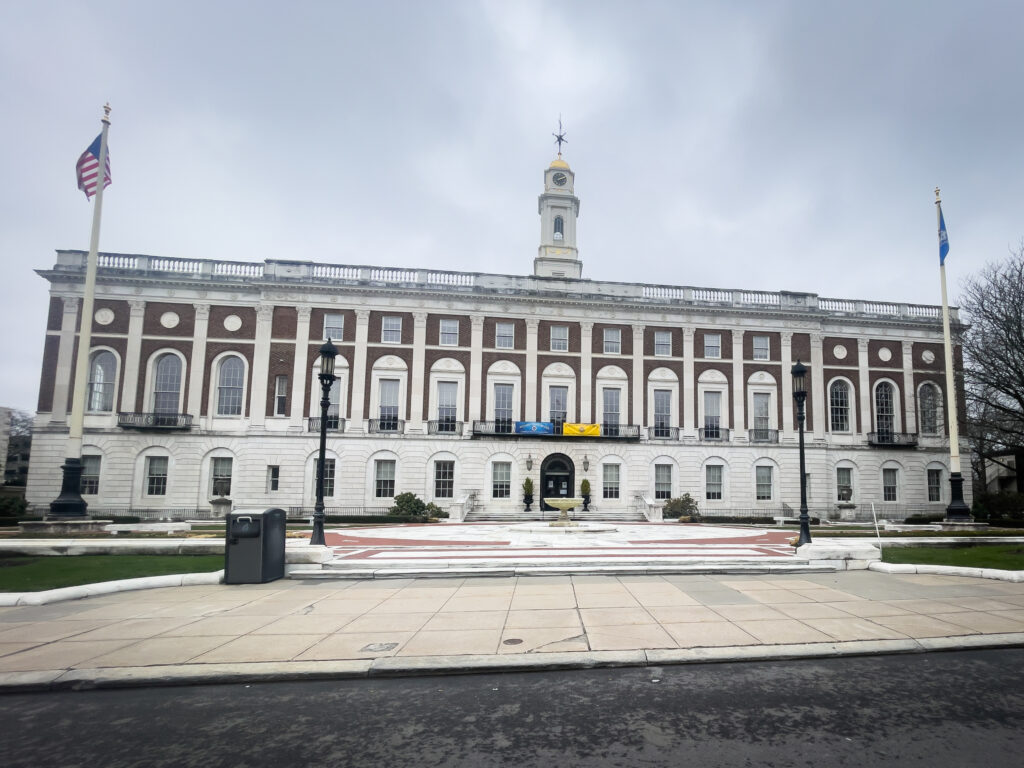
We saw the house my mother purchased through a special government program that has since been converted into apartments. It was the house we were in when my parents married and where I had many formative experiences and memories. It’s where I would lock myself in my room and learn to write code.
The streets and abandoned factories are where my friends and I hung out. The corner store where I used to play video games and pool while waiting for the school bus, and then had to race the bus to the other side of the block to catch it (I didn’t always). The nearby park is where we played baseball, where I broke my wrist trying to ride my bicycle down a hill meant for sledding, and where we would sneak under the highway to find the perfect fishing spot.
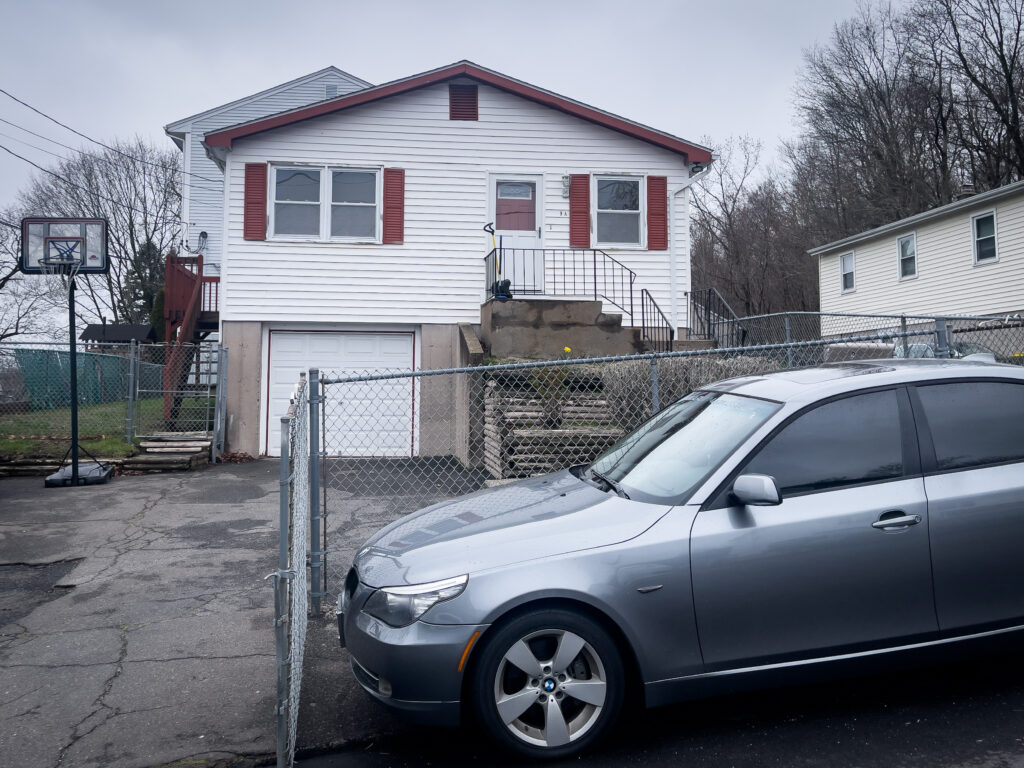
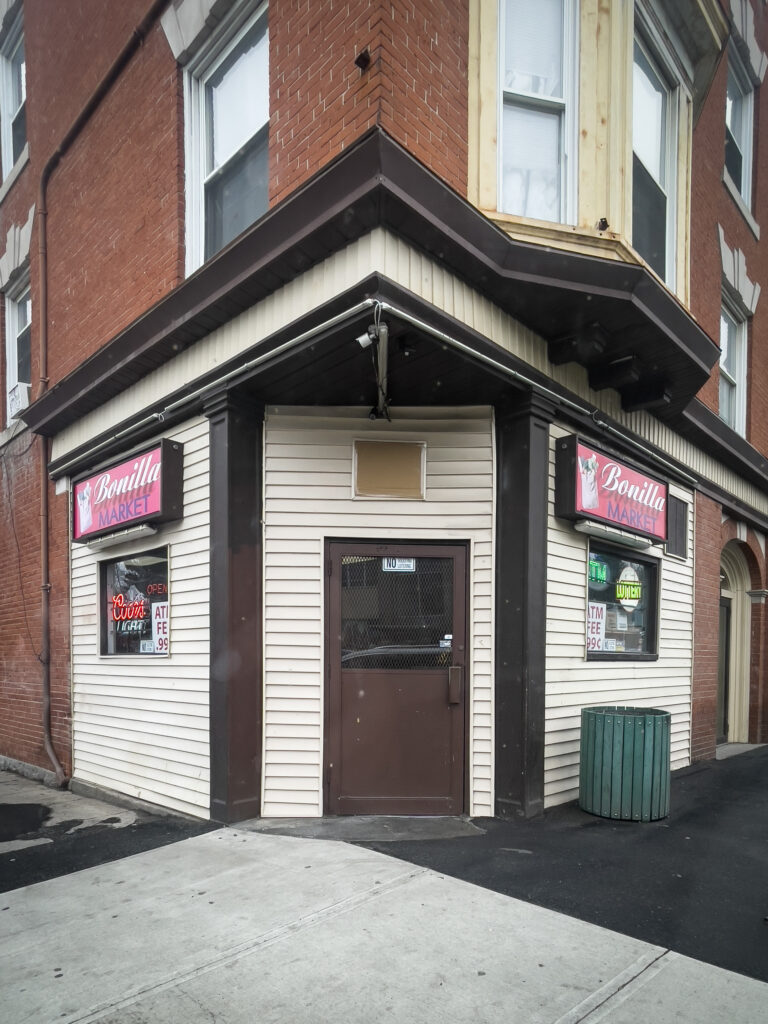
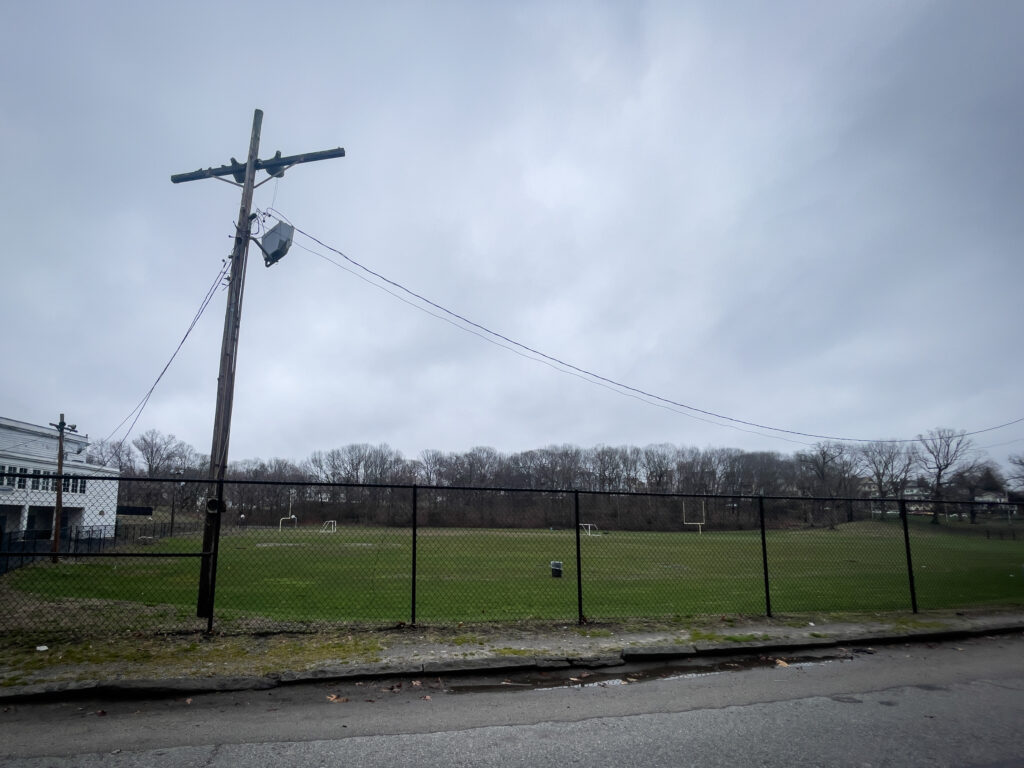
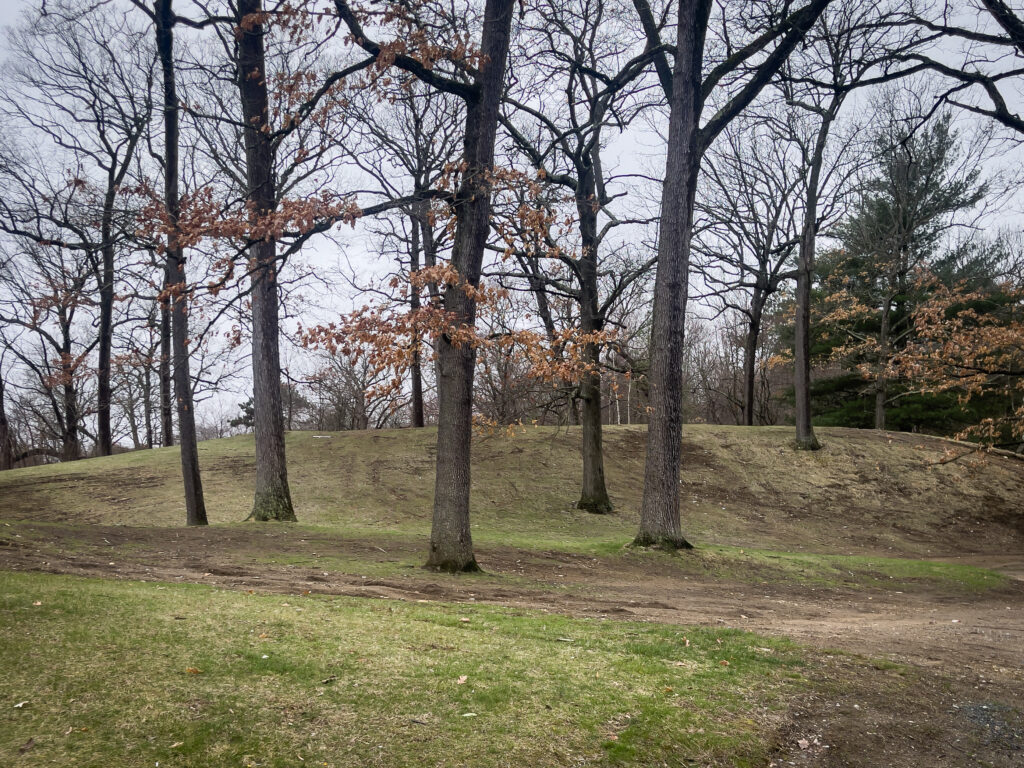
We stayed in that house until I was a teenager, when my father retired, and we moved to Florida to begin another life. After we left, with only one exception, I’ve only been back to the city of my birth for funerals.
As we drove through these memories, my mother commented on how different the city looked. It was tired and faded, and the gray, overcast sky made it feel even more tired and faded. But it looked exactly like I remembered. It was a city years removed from its glory that could never find itself again.
It’s the place I was born. It’s where I lived, where so much of who I am was formed, and where so much of what I have spent my life trying to overcome was done. The places and the stories I shared with my son were glimpses into a complicated childhood filled with conflicting memories, thoughts, and feelings. It’s a very different childhood than my wife and I created for our son.
The city hadn’t changed much, but I had.
The time we spent there only felt like going back.
It didn’t feel like going home.
